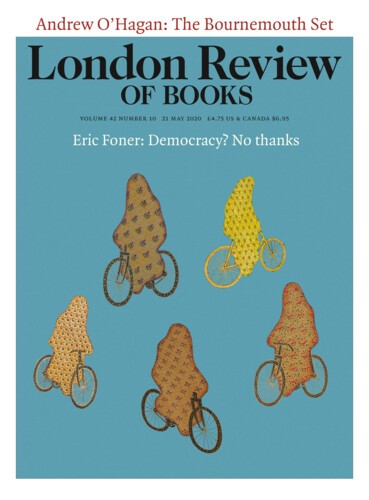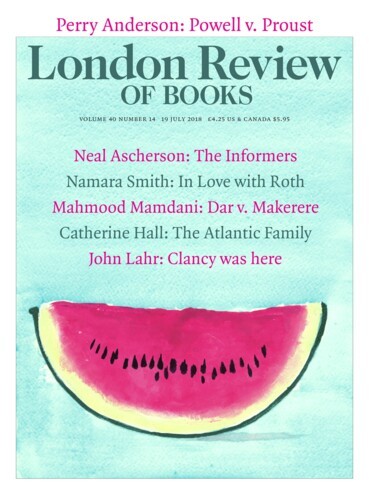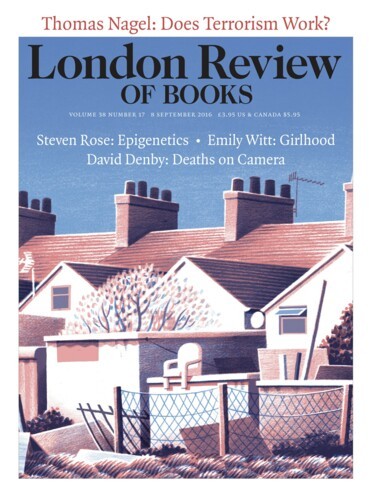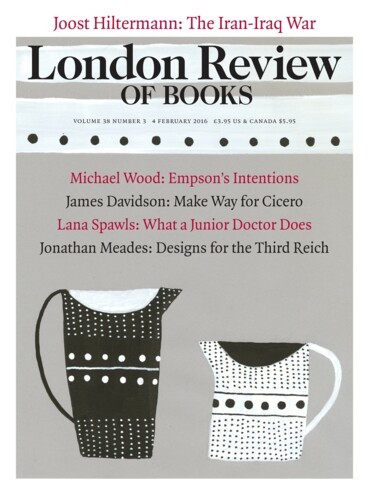Sightbites: Archigram’s Ghost
Jonathan Meades, 21 May 2020
Archigram was an out-of-hours architectural band of six men – Peter Cook, Warren Chalk, Ron Herron, Dennis Crompton, Michael Webb and David Greene – whose day jobs were with big commercial practices and local authorities. They formed in the early 1960s and over the next decade or so produced thousands of designs for ‘cities of the future’ that were highly original,...





